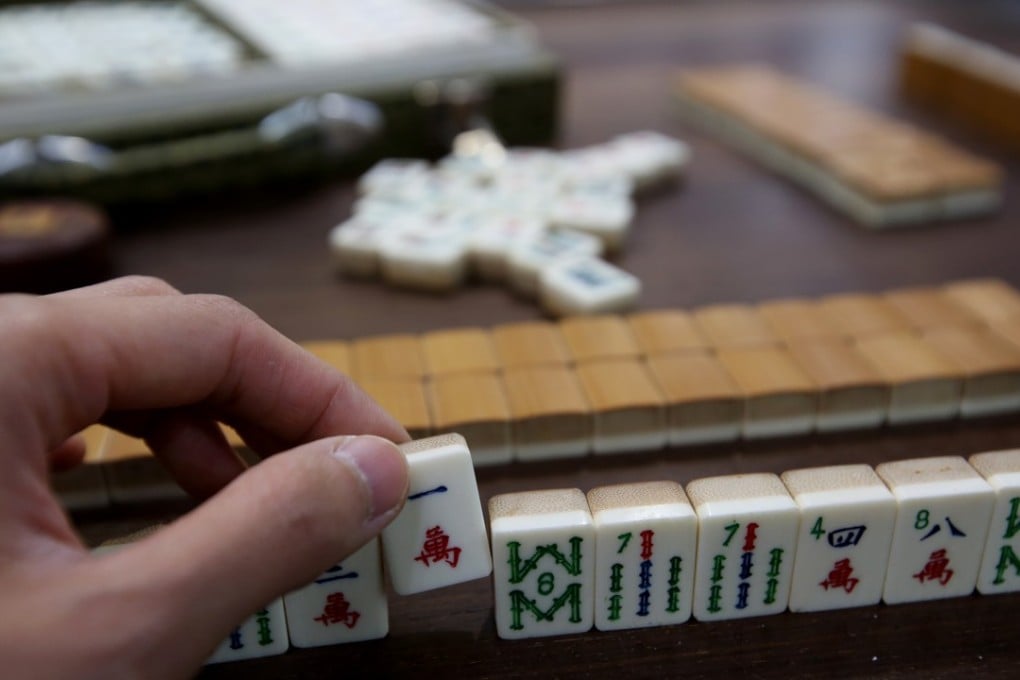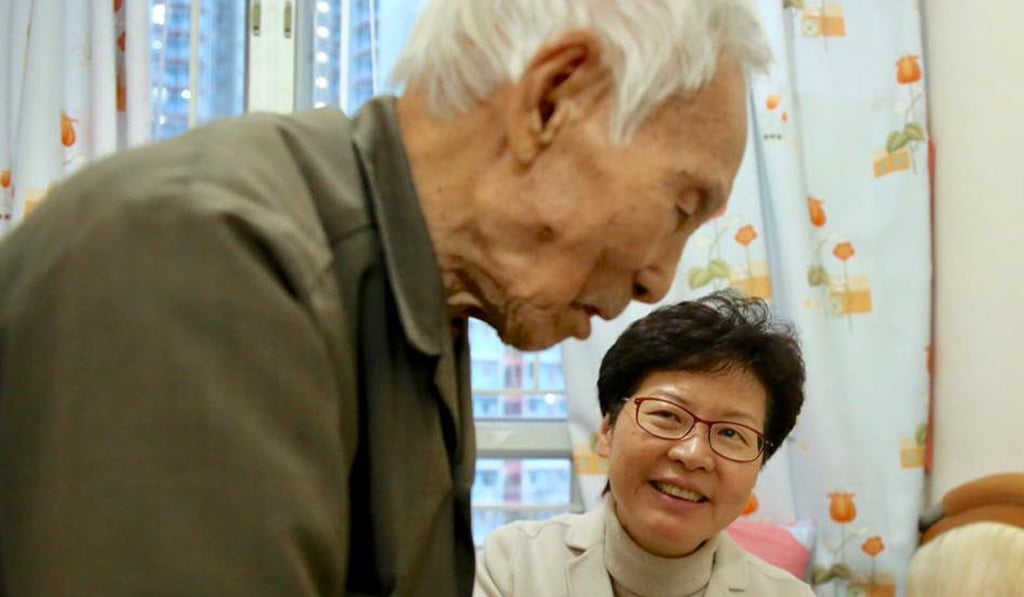Playing mahjong and betting on horse racing could decrease dementia risk, Hong Kong study finds
Researchers find that intellectual activities such as playing board and card games and betting on races helped to lower risk of developing symptoms

Playing mahjong and betting on horse racing, two hugely popular but often maligned intellectual pastimes in Hong Kong, could help to decrease the risk of dementia in the elderly, the latest research in the city has confirmed.
Seniors have always been encouraged to stay active in order to delay the onset of the condition, but research – published in the peer-reviewed medical journal JAMA Psychiatry last month – found that only some types of leisure activities are helpful in combating dementia.
“The most significant finding of this study is that engagement in intellectual activities in late life might be useful in delaying or preventing the onset of symptoms of dementia,” Dr Allen Lee Ting-chun, one of the researchers and an assistant professor at the Chinese University of Hong Kong’s department of psychiatry, told the Post.

In the study conducted between 2005 and 2012, with statistical analysis performed from 2015 to 2016, the group of researchers followed a total of 15,582 Hongkongers aged 65 or older who were free of dementia for a median period of five years.
It found that those who remained free of dementia during the follow-up period had engaged in more varieties of leisure activities at the beginning of the study than those who developed incident dementia, with a larger proportion performing intellectual activities – such as such as reading, playing mahjong, board and card games as well as betting on horse racing.